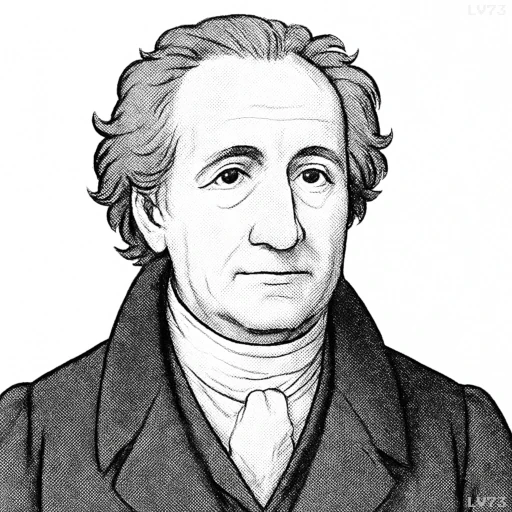“If you must tell me your opinions, tell me what you believe in. I have plenty of doubts of my own.”

- August 28, 1749 – March 22, 1832
- German
- Poet, playwright, novelist, philosopher, politician
table of contents
Quote
“If you must tell me your opinions, tell me what you believe in. I have plenty of doubts of my own.”
Explanation
Goethe suggests that when sharing opinions, it is far more meaningful to discuss what you believe in rather than just presenting opinions. He acknowledges that everyone has doubts, and simply offering opinions can add to the noise of uncertainty. What is truly valuable is hearing about the core beliefs, convictions, or principles that guide someone’s thinking. These beliefs provide a foundation, a deeper understanding of why a person holds certain opinions, and they allow for a more honest and thoughtful conversation. In a world full of surface-level opinions, the truth behind what someone believes is much more impactful.
Historically, this idea reflects Goethe’s emphasis on self-awareness, honesty, and the pursuit of deeper truths. During his time, especially within the Romantic movement, there was a focus on individual authenticity and the importance of expressing one’s core beliefs rather than simply repeating popular opinions or societal norms. Goethe himself, through his writing and philosophy, often explored the tension between inner conviction and the influence of external pressures or conventional ideas.
In modern contexts, this quote resonates in discussions or debates where opinions can often feel superficial or influenced by external factors like social media, political correctness, or groupthink. In an era of constant information and rapid opinions, we often find that people express their thoughts without grounding them in strong beliefs or values. By focusing on the foundations of belief, people can have more meaningful and authentic conversations, leading to a better understanding of each other’s true perspectives.
Goethe’s words remind us that opinions are often fleeting and can be shaped by external influences, but beliefs come from a deeper, more authentic place within us. When sharing our thoughts, it is the core beliefs that offer true insight, and by recognizing this, we can foster more meaningful and thoughtful exchanges with others.
Would you like to share your impressions or related stories about this quote in the comments section?



